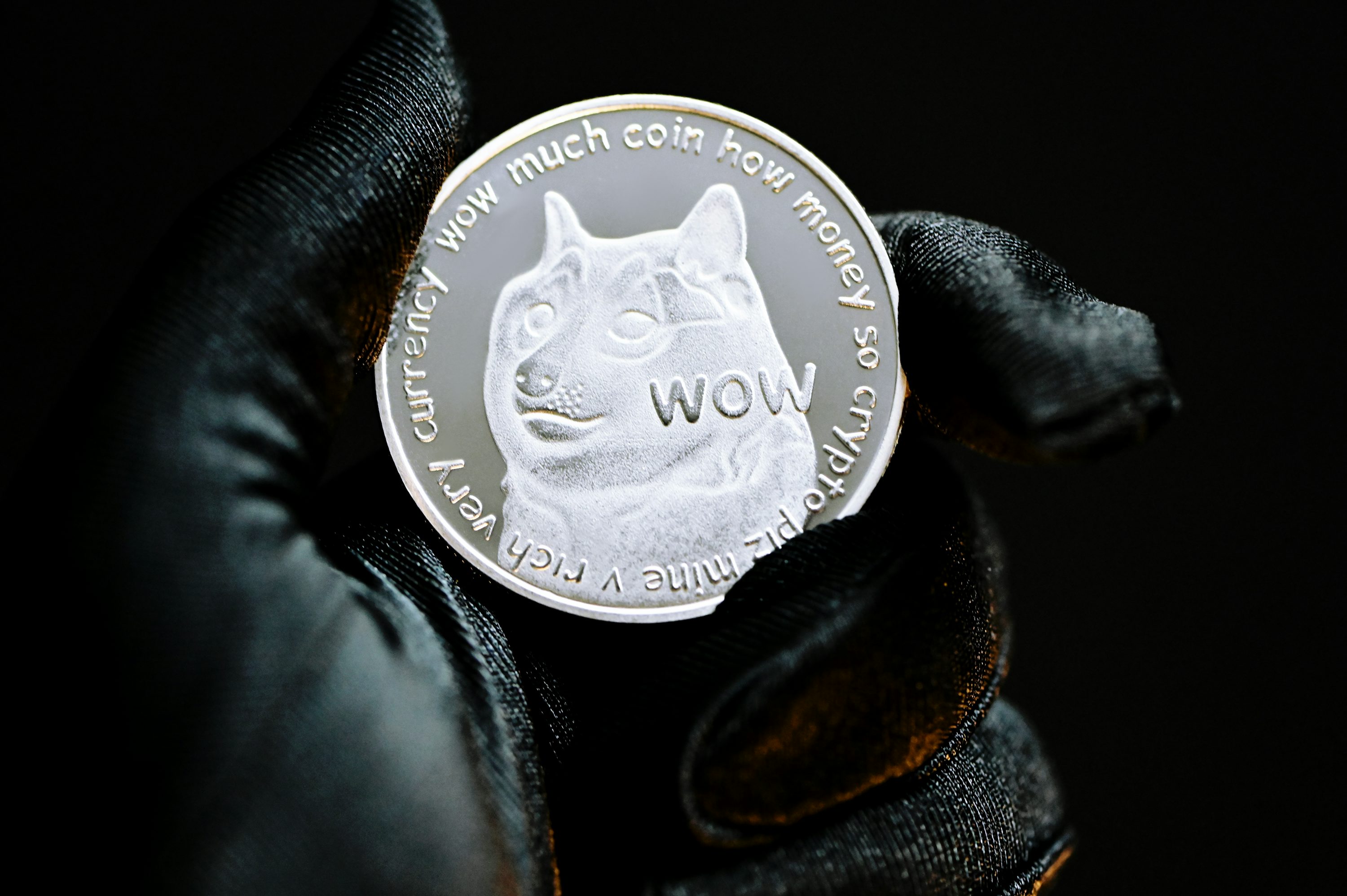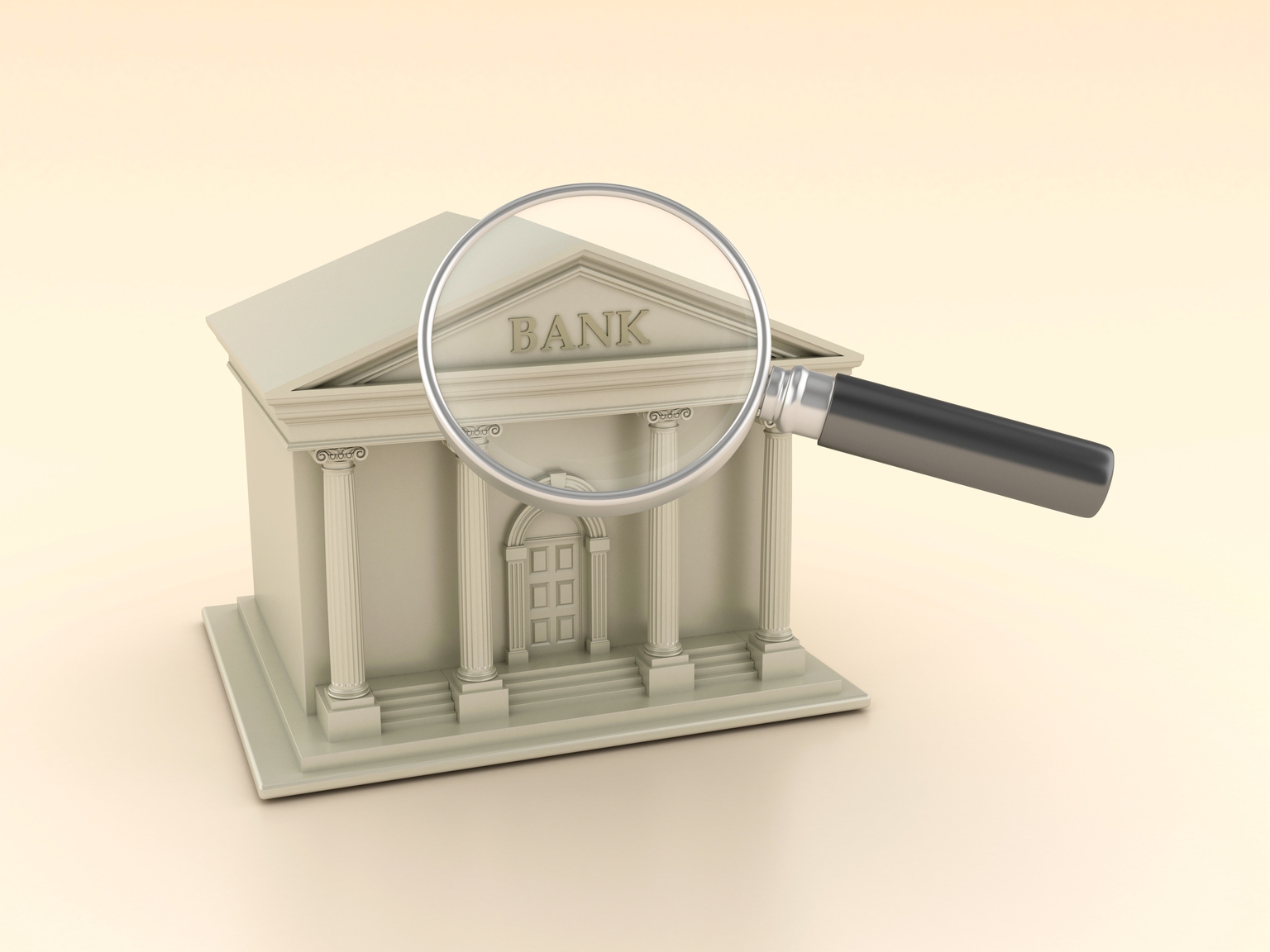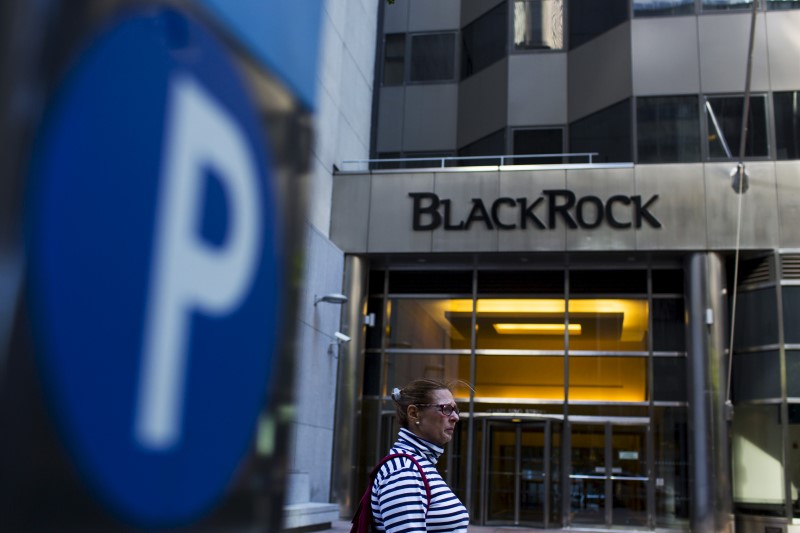According to blockchain analytics company Dune Analytics statistics, the market for Non-Fungible Tokens (NFTs) plummeted from its peak of $17 billion in early 2022 to $470 million in September 2022, which is a staggering decline of 97%. While the decrease in NFTs transaction volume may be partially attributed to dropping cryptocurrency prices, NFTs developers continue to create NFTs. In fact, creators are confident that the NFTs industry will recover.
Taking the sentiments from the ground and as per the requests from various communities asking about NFTs regulations, I have decided to share some insights on legal implications and the regulatory side of things so that you will be aware and up to speed on the state of the NFTs sector.
Around 105 nations have legalised NFTs either expressly or as part of a larger recognition of cryptocurrencies and virtual currencies. However, as the aforementioned list illustrates, legislation regarding NFTs is frequently general and not designed mainly for NFTs.
The U.S., Canada, Australia and most of the European Union are notable examples of markets that are integrated and moderately regulated. In each of these jurisdictions, the predominant legal strategy is to view NFTs as either a type of capital gains taxable asset or a component of an individual’s income tax portfolio. However, there are still a lot of nations where NFTs and cryptocurrencies are either implicitly or expressly banned. This is largely because those governments view NFTs and other digital assets as threats to the current financial system and sources of illicit and/or terrorist financing. China, Vietnam, Algeria, Egypt, Qatar and Nepal are notable instances.
I will go through a few markets.
U.S.
Although there are no particular NFTs legislations in the US, similar to the UK, some NFTs crypto-asset kinds may be covered by already-existing federal statutes. For instance, the Securities and Exchange Commission (SEC) may treat specific types of NFTs as securities under US securities law.
India
Since there is no official legal framework for NFTs and no classification of NFTs under the SCRA, it is unclear if dealing in NFTs is forbidden under the Securities Contract Regulation Act, 1956 (“SCRA”). If NFTs are deemed to constitute derivatives, trading in them would be prohibited in India.
Singapore
Singapore’s central bank has recently announced that it will not regulate the NFTs market. Recently, under Singapore law, it will be subject to MAS’ regulatory requirements if an NFT has the characteristics of a capital markets product under the Securities and Futures Act (SFA). Similarly, should an NFT have the features of a digital payment token under the Payment Services Act (PSA)?
U.K.
NFTs are not subject to any special NFTs rules in the U.K., but they are recognised as a kind of crypto asset. To be more precise, it can be classified as a security token, an e-money token, or an unregulated token. However, most NFTs are not regulated since they do not meet the first two prerequisites. Even if it does, it can still result in broad regulations, such as an anti-laundering rule for art sales over €10,000 and capital gains tax if purchased or sold at a profit. Strict laws require consumers to be adequately informed and warned about the risk of loss or price volatility if public advertisements promote NFTs.
China
NFTs can currently be purchased or sold by individuals in Mainland China. NFTs are not presently subject to any specific laws or regulations. The National Internet Finance Association of China, the Securities Association of China and the China Banking Association jointly released an initiative regarding the prevention of financial risks associated with NFTs. Because the three associations are under the supervision of the central bank, the banking regulatory authority and the security regulatory authority, respectively, and because the Initiative is not a regulation under PRC law, it reflects the attitudes and policy orientation of regulators in Mainland China. For some time, the word ‘NFT’ was also deemed a sensitive word and temporarily blocked by some official media sites.
Japan
While there are presently no particular regulations in Japan that govern NFTs, the government said in January 2022 that it was creating an NFT task force, which suggests that regulation is soon to come. Currently, an NFT may meet the definition of a security under the Financial Instruments and Exchange Act if its holder receives cash or other assets that represent a sharing of profits. It should be carefully considered whether NFTs violate gambling laws, which are especially important for NFTs employed in games.
Now that you have read briefly how the regulators around the world look at NFTs in general. If you are an entrepreneur, your DNA could be telling you to be a creator or start an NFT Marketplace. So, what are some legal considerations if you want to create a business like an NFT marketplace? What do you need to do?
1) Creation of a legal entity: A corporate body must first be established before a marketplace can be introduced. Your company will benefit from the most robust liability protection, increased capability and credibility while looking for outside financing.
2) Formation of smart contracts: The digital work must be individually recognisable and have transferrable ownership within the smart contract . The economics of trading should be included in the creation process, including how much to charge for a primary sale, how much to charge for a secondary sale, royalties, transaction costs and other characteristics of the aftermarket to facilitate trade with money naturally flowing to the right parties.
3) Terms of service: It regulates the interactions between users and the NFTs marketplace operator, as well as between buyers and sellers of the NFTs displayed on the platform, which is a necessary component of NFTs marketplaces. A carefully drafted term of service agreement will typically include clauses that limit the company’s overall responsibility and can aid in defending your firm from several legal problems.
4) Terms of sale: If the platform’s terms of service do not adequately address risks to the seller or creator, sellers or creators listing their NFTs on an NFT marketplace may choose to impose additional terms of sale on buyers of their NFTs.
5) Securities law compliance: It’s critical to develop features that show the difference between your newly minted token and what governments seek to regulate to ensure it doesn’t have the characteristics of a security.
6) Intellectual property: It is crucial to confirm the validity of each participant’s intellectual property rights at every stage of every NFT transaction. Copyright ownership, which belongs to the original work’s creator, governs the original work. Be careful to divide up intellectual property ownership among the authors, artists, buyers, collectors and other parties.
7) Consumer protection: Most jurisdictions have consumer protection laws. Consider a scenario where an NFT marketplace fails to appropriately notify its clients about the products they are buying and the hazards involved. Cybercriminals will probably attack NFTs in order to profit financially. To protect against these attacks, your platforms will need reliable controls. Other regulatory standards, including KYC and anti-money laundering, might also need to be implemented.
The fast-changing NFT space, where digital assets prevail, was not considered when developing the current regulatory and legal framework. However, some crucial challenges have surfaced as investors, financial institutions and fintech firms investigate this market. Is there a gateway to your platform that guards against money launderers and other undesirable parties subject to government sanctions?
NFTs are indeed not treated as cryptocurrencies right now. Regulators are trying to clamp down on grey NFT projects and have warned the general public about buying NFT. So far, I have been talking about how governments look at us and what entrepreneurs need to understand when they start their NFT business as a marketplace. I have come out with a few quick reminders for consumers when buying NFT.
3 Quick Reminders on NFT Buying
1) Do not buy NFTs that include securities, insurance or other financial assets as the underlying value of NFTs. An NFT may become a regulated financial product if it grants its owner the right to income streams or a stake in an underlying portfolio of investment assets. There are many grey examples to be named.
2) Do check on the copyright behind the NFTs. Some of the creators are plagiarising artists’ original work. Playboy Enterprises filed a lawsuit against the owners of a website that was constructed to seem like the one Playboy used to market their “Rabbitar” NFTs. Playboy claims that the scam was successful because more than a thousand customers fell for it and collectively paid more than a million dollars for Rabbitars they never received.
3) Do remember that trading NFTs for profit is subjected to capital gains tax. It is good to consider all tax implications before making the trade. Take India, for example, all virtual digital assets, including NFTs, are subject to the government’s 30% tax levied.
NFTs are a beautiful term and have excellent potential. As crypto community members, we should try our best to keep them clean and proper. Hiding financial products or securities behind an NFT is not an excellent way to support innovation. It will give the regulators a chance to kill the innovation. You need to understand regulations to grow in the right manner.
According to blockchain analytics company Dune Analytics statistics, the market for Non-Fungible Tokens (NFTs) plummeted from its peak of $17 billion in early 2022 to $470 million in September 2022, which is a staggering decline of 97%. While the decrease in NFTs transaction volume may be partially attributed to dropping cryptocurrency prices, NFTs developers continue to create NFTs. In fact, creators are confident that the NFTs industry will recover.
Taking the sentiments from the ground and as per the requests from various communities asking about NFTs regulations, I have decided to share some insights on legal implications and the regulatory side of things so that you will be aware and up to speed on the state of the NFTs sector.
Around 105 nations have legalised NFTs either expressly or as part of a larger recognition of cryptocurrencies and virtual currencies. However, as the aforementioned list illustrates, legislation regarding NFTs is frequently general and not designed mainly for NFTs.
The U.S., Canada, Australia and most of the European Union are notable examples of markets that are integrated and moderately regulated. In each of these jurisdictions, the predominant legal strategy is to view NFTs as either a type of capital gains taxable asset or a component of an individual’s income tax portfolio. However, there are still a lot of nations where NFTs and cryptocurrencies are either implicitly or expressly banned. This is largely because those governments view NFTs and other digital assets as threats to the current financial system and sources of illicit and/or terrorist financing. China, Vietnam, Algeria, Egypt, Qatar and Nepal are notable instances.
I will go through a few markets.
U.S.
Although there are no particular NFTs legislations in the US, similar to the UK, some NFTs crypto-asset kinds may be covered by already-existing federal statutes. For instance, the Securities and Exchange Commission (SEC) may treat specific types of NFTs as securities under US securities law.
India
Since there is no official legal framework for NFTs and no classification of NFTs under the SCRA, it is unclear if dealing in NFTs is forbidden under the Securities Contract Regulation Act, 1956 (“SCRA”). If NFTs are deemed to constitute derivatives, trading in them would be prohibited in India.
Singapore
Singapore’s central bank has recently announced that it will not regulate the NFTs market. Recently, under Singapore law, it will be subject to MAS’ regulatory requirements if an NFT has the characteristics of a capital markets product under the Securities and Futures Act (SFA). Similarly, should an NFT have the features of a digital payment token under the Payment Services Act (PSA)?
U.K.
NFTs are not subject to any special NFTs rules in the U.K., but they are recognised as a kind of crypto asset. To be more precise, it can be classified as a security token, an e-money token, or an unregulated token. However, most NFTs are not regulated since they do not meet the first two prerequisites. Even if it does, it can still result in broad regulations, such as an anti-laundering rule for art sales over €10,000 and capital gains tax if purchased or sold at a profit. Strict laws require consumers to be adequately informed and warned about the risk of loss or price volatility if public advertisements promote NFTs.
China
NFTs can currently be purchased or sold by individuals in Mainland China. NFTs are not presently subject to any specific laws or regulations. The National Internet Finance Association of China, the Securities Association of China and the China Banking Association jointly released an initiative regarding the prevention of financial risks associated with NFTs. Because the three associations are under the supervision of the central bank, the banking regulatory authority and the security regulatory authority, respectively, and because the Initiative is not a regulation under PRC law, it reflects the attitudes and policy orientation of regulators in Mainland China. For some time, the word ‘NFT’ was also deemed a sensitive word and temporarily blocked by some official media sites.
Japan
While there are presently no particular regulations in Japan that govern NFTs, the government said in January 2022 that it was creating an NFT task force, which suggests that regulation is soon to come. Currently, an NFT may meet the definition of a security under the Financial Instruments and Exchange Act if its holder receives cash or other assets that represent a sharing of profits. It should be carefully considered whether NFTs violate gambling laws, which are especially important for NFTs employed in games.
Now that you have read briefly how the regulators around the world look at NFTs in general. If you are an entrepreneur, your DNA could be telling you to be a creator or start an NFT Marketplace. So, what are some legal considerations if you want to create a business like an NFT marketplace? What do you need to do?
1) Creation of a legal entity: A corporate body must first be established before a marketplace can be introduced. Your company will benefit from the most robust liability protection, increased capability and credibility while looking for outside financing.
2) Formation of smart contracts: The digital work must be individually recognisable and have transferrable ownership within the smart contract . The economics of trading should be included in the creation process, including how much to charge for a primary sale, how much to charge for a secondary sale, royalties, transaction costs and other characteristics of the aftermarket to facilitate trade with money naturally flowing to the right parties.
3) Terms of service: It regulates the interactions between users and the NFTs marketplace operator, as well as between buyers and sellers of the NFTs displayed on the platform, which is a necessary component of NFTs marketplaces. A carefully drafted term of service agreement will typically include clauses that limit the company’s overall responsibility and can aid in defending your firm from several legal problems.
4) Terms of sale: If the platform’s terms of service do not adequately address risks to the seller or creator, sellers or creators listing their NFTs on an NFT marketplace may choose to impose additional terms of sale on buyers of their NFTs.
5) Securities law compliance: It’s critical to develop features that show the difference between your newly minted token and what governments seek to regulate to ensure it doesn’t have the characteristics of a security.
6) Intellectual property: It is crucial to confirm the validity of each participant’s intellectual property rights at every stage of every NFT transaction. Copyright ownership, which belongs to the original work’s creator, governs the original work. Be careful to divide up intellectual property ownership among the authors, artists, buyers, collectors and other parties.
7) Consumer protection: Most jurisdictions have consumer protection laws. Consider a scenario where an NFT marketplace fails to appropriately notify its clients about the products they are buying and the hazards involved. Cybercriminals will probably attack NFTs in order to profit financially. To protect against these attacks, your platforms will need reliable controls. Other regulatory standards, including KYC and anti-money laundering, might also need to be implemented.
The fast-changing NFT space, where digital assets prevail, was not considered when developing the current regulatory and legal framework. However, some crucial challenges have surfaced as investors, financial institutions and fintech firms investigate this market. Is there a gateway to your platform that guards against money launderers and other undesirable parties subject to government sanctions?
NFTs are indeed not treated as cryptocurrencies right now. Regulators are trying to clamp down on grey NFT projects and have warned the general public about buying NFT. So far, I have been talking about how governments look at us and what entrepreneurs need to understand when they start their NFT business as a marketplace. I have come out with a few quick reminders for consumers when buying NFT.
3 Quick Reminders on NFT Buying
1) Do not buy NFTs that include securities, insurance or other financial assets as the underlying value of NFTs. An NFT may become a regulated financial product if it grants its owner the right to income streams or a stake in an underlying portfolio of investment assets. There are many grey examples to be named.
2) Do check on the copyright behind the NFTs. Some of the creators are plagiarising artists’ original work. Playboy Enterprises filed a lawsuit against the owners of a website that was constructed to seem like the one Playboy used to market their “Rabbitar” NFTs. Playboy claims that the scam was successful because more than a thousand customers fell for it and collectively paid more than a million dollars for Rabbitars they never received.
3) Do remember that trading NFTs for profit is subjected to capital gains tax. It is good to consider all tax implications before making the trade. Take India, for example, all virtual digital assets, including NFTs, are subject to the government’s 30% tax levied.
NFTs are a beautiful term and have excellent potential. As crypto community members, we should try our best to keep them clean and proper. Hiding financial products or securities behind an NFT is not an excellent way to support innovation. It will give the regulators a chance to kill the innovation. You need to understand regulations to grow in the right manner.















